Life
Sign up for our newsletter
We summarize the week's scientific breakthroughs every Thursday.
-
 Genetics
GeneticsInbreeding hurts the next generation’s reproductive success
Inbreeding has evolutionary consequences for humans.
-
 Genetics
GeneticsMating with Neandertals reintroduced ‘lost’ DNA into modern humans
Neandertal DNA brought back some old genetic heirlooms to modern humans.
-
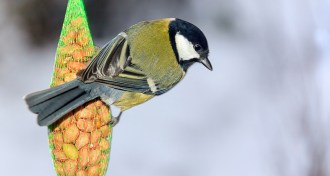 Life
LifeHow bird feeders may be changing great tits’ beaks
Longer beaks may be evolving in U.K. great tits because of the widespread use of bird feeders in the country.
-
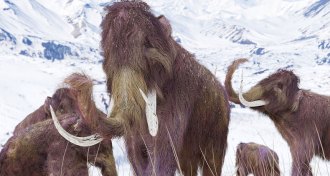 Genetics
GeneticsResurrecting extinct species raises ethical questions
'Rise of the Necrofauna' examines the technical and ethical challenges of bringing woolly mammoths and other long-gone creatures back from the dead.
-
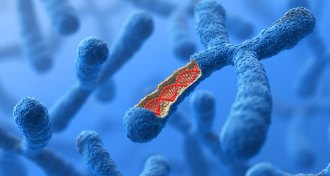 Genetics
GeneticsDoubling up on ‘junk DNA’ helps make us human
DNA duplicated only in humans may contribute to human traits and disease.
-
 Life
LifeThe next wave of bird flu could be worse than ever
Deadly bird flu can pass between ferrets through the air.
-
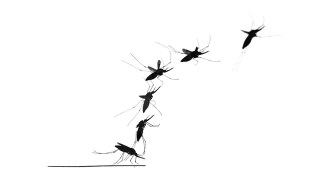 Life
LifeThe physics of mosquito takeoffs shows why you don’t feel a thing
Even when full of blood, mosquitoes use more wing force than leg force to escape a host undetected — clue to why they’re so good at spreading disease.
-
 Particle Physics
Particle PhysicsReaders question photons colliding, black sea snakes and more
Readers had questions about brain flexibility, black sea snakes and photon collisions.
-
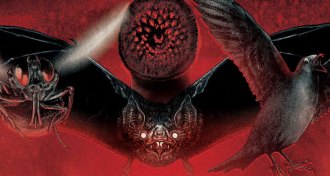 Animals
AnimalsBeing a vampire can be brutal. Here’s how bloodsuckers get by.
Blood-sucking animals have specialized physiology and other tools to live on a diet rich in protein and lacking in some nutrients.
By Susan Milius -
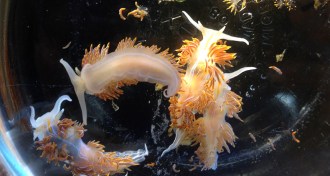 Oceans
OceansHere’s a breakdown of the animals that crossed the Pacific on 2011 tsunami debris
Hundreds of marine animals from Japan have washed up on U.S. beaches since the destructive 2011 earthquake and tsunami.
-
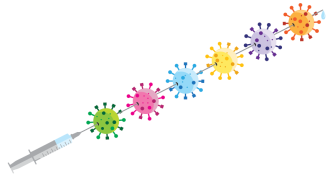 Health & Medicine
Health & MedicineA universal flu shot may be nearing reality
Scientists are developing a universal vaccine against flu, making annual shots a thing of the past.
By Laura Beil -
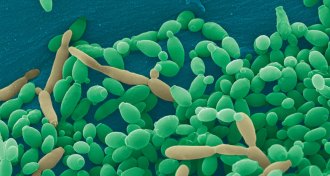 Life
LifeGut fungi might be linked to obesity and inflammatory bowel disorders
Fungi are overlooked contributors to health and disease.